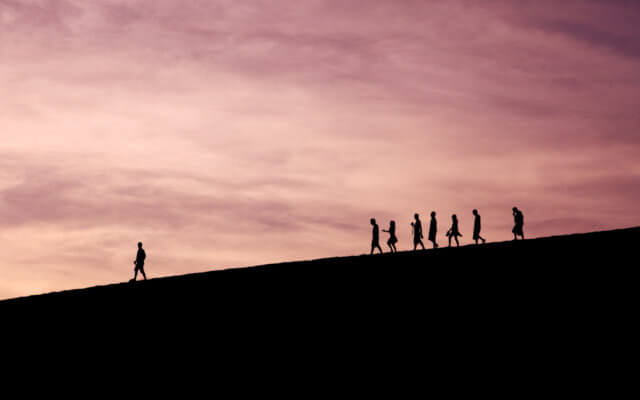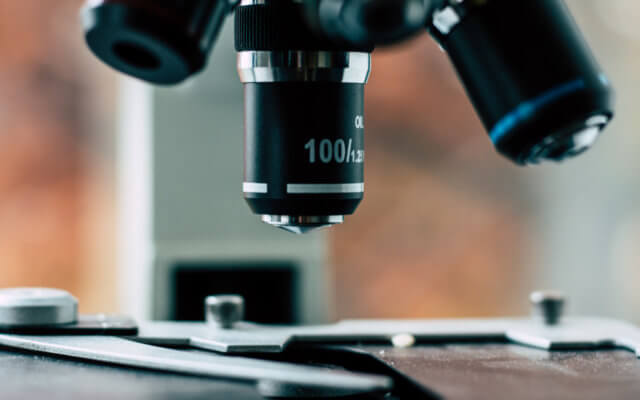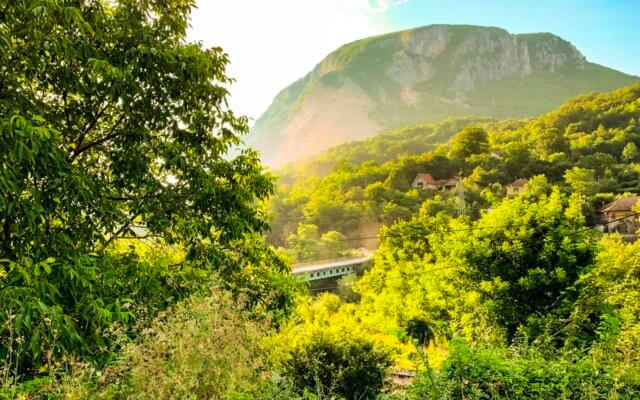Programme & action: ERASMUS+, Key Action 1: Training Course
Venue: Novi Sad, Serbia
Dates: 4-12 October 2016
Participants: Marie Kolářová, Barbora Nosková
Please read the info-pack a daily programme
Participating countries: Germany, Serbia, Croatia, Kosovo, Albania, Bosnia and Herzegovina, Slovenia, Macedonia, Turkey, Czech Republic, Greece, Romania, Montenegro
Hosting organisation: Centar Za Jačanje Civilnog Društva
Project report:
Training course Increasing Quality of Inclusion and Employability was hosted by the Serbian organization Centar za jačanje civilnog društva (Center for the Involvement of Civil Society) in a historical and cultural center of the northern Serbian region Vojvodina – the city of Novi Sad.
Me and my colleague attending the TC started our travels in Prague and made our trip to Novi Sad by bus. After 12 hours of rocky and itchy ride we finally arrived to our destination J Even though middle of the night (4:45am) and my incomprehension of Cyrillic alphabet we were lucky enough to meet News Agent guy who exchanged our 5€ note so that we were able to buy the bus tickets and other young people helped us to understand which bus to take to our hostel. Upon the arrival to our hostel we had unfortunately little bit of a struggle with the receptionist who did not know anything about our arrival and even asked us to pay for the night however thanks to our insist we managed to get in our room and wait for the organizers who emerged in the evening to welcome all the participants and sort out our situation.
The theme of the project itself focused on increasing understanding for the necessity of including some marginal and unprivileged groups to the majority of the society and providing them with equal opportunities believing that it is a mean to increase employability of the youth which is in particular one of the major economic problems of the Balkan.
Even though the topic had a lot of potential to explore, course of the project was predominantly run in sets of seminars (6 working hours a day) where we explored one by one the theoretical themes behind the project (terminology for exclusion, inclusion, integration; EU policies on inclusion; criteria and indicators for inclusion; Erasmus+ concept; Project cycle management overview). I missed more developed interaction and variety of non-formal education methods applied from the trainers also experience-sharing on best-practices or past experience of the youth work or activities the hosting organization has applied and developed for the youth in their community.
Luckily over the course of the project the group dynamics evolved quite well and we had a chance to put in use our ideas for energizers, group works, lunch-break trip or evening night out in the city. We were very grateful to our only one-Serbian participant Nikola who took such a diligent care of us as if one of the organizers and made all former mentioned happen J He was researching bus timetables, supermarket possibilities, free time options, translating with the kitchen staff or simply presenting to us the Serbian culture, mentality and country background – something we wholly missed to be arranged by the organizers.
As the project proceeded I realized that it is mainly the people around you who build the project and make you feel unique, energized, motivated, taught or vise verse. Therefore also in my future development in youth work this experience will make me pay more attention to building the right team around a project that will make feel all the participants valid, involved, motivated, enriched or simply entertained.
The last day of the project we said goodbyes to most of the participants, exchanged our friend or professional contacts and headed to Novi Sad bus station to embark on the rocky and itchy bus ride one more time and reached our homes 12 hours later.
Marie Kolářová


